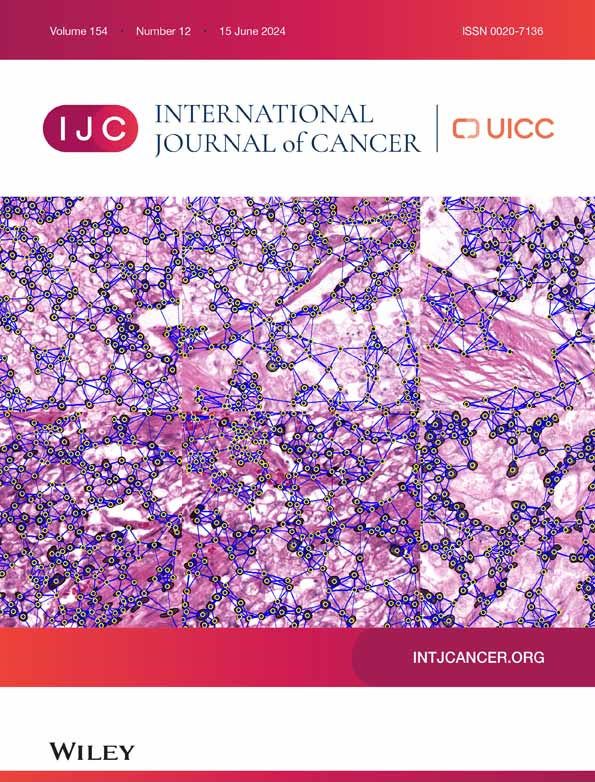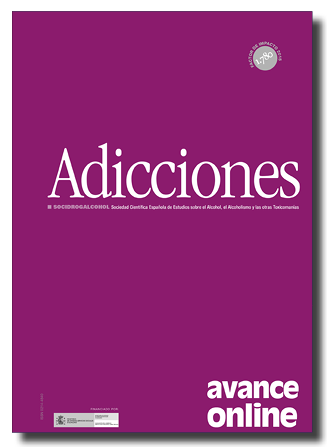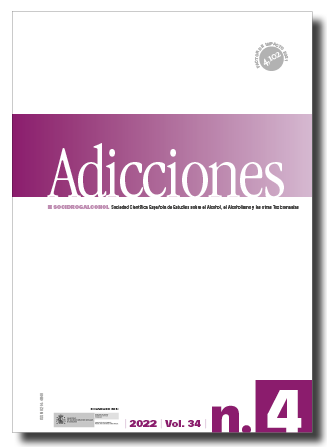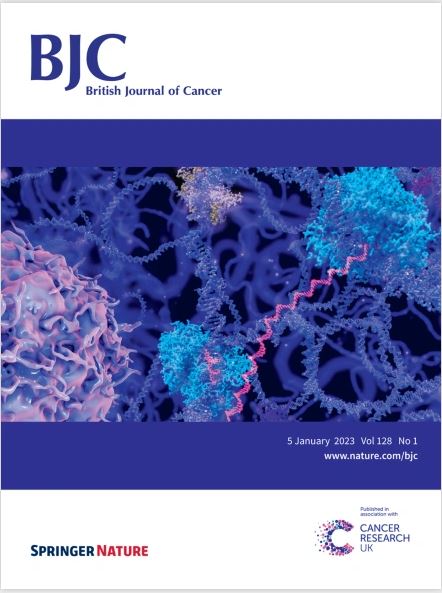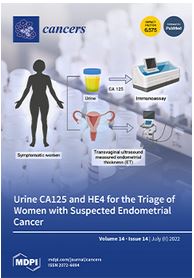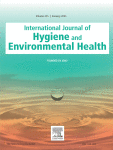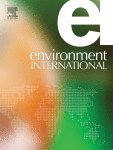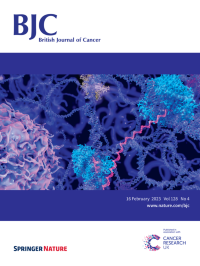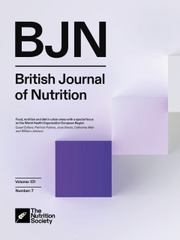Differences in survival and recurrence of colorectal cancer by stage across population-based European registries
European High Resolution Working Group on Colorectum Cancer: Belgium: L Van Eycken, K Henau (Belgian Cancer Registry); Bulgaria: T Grozeva, Z Valerianova, (Bulgarian Cancer Registry); Estonia: K Innos, M Mägi (Estonia Cancer Registry); France: V Bouvier, G Launoy (Calvados Digestive Cancer Registry); Nousbaum JB (Finistère Digestive Cancer Registry); AM Bouvier, V Jooste (Digestive Cancer Registry…



